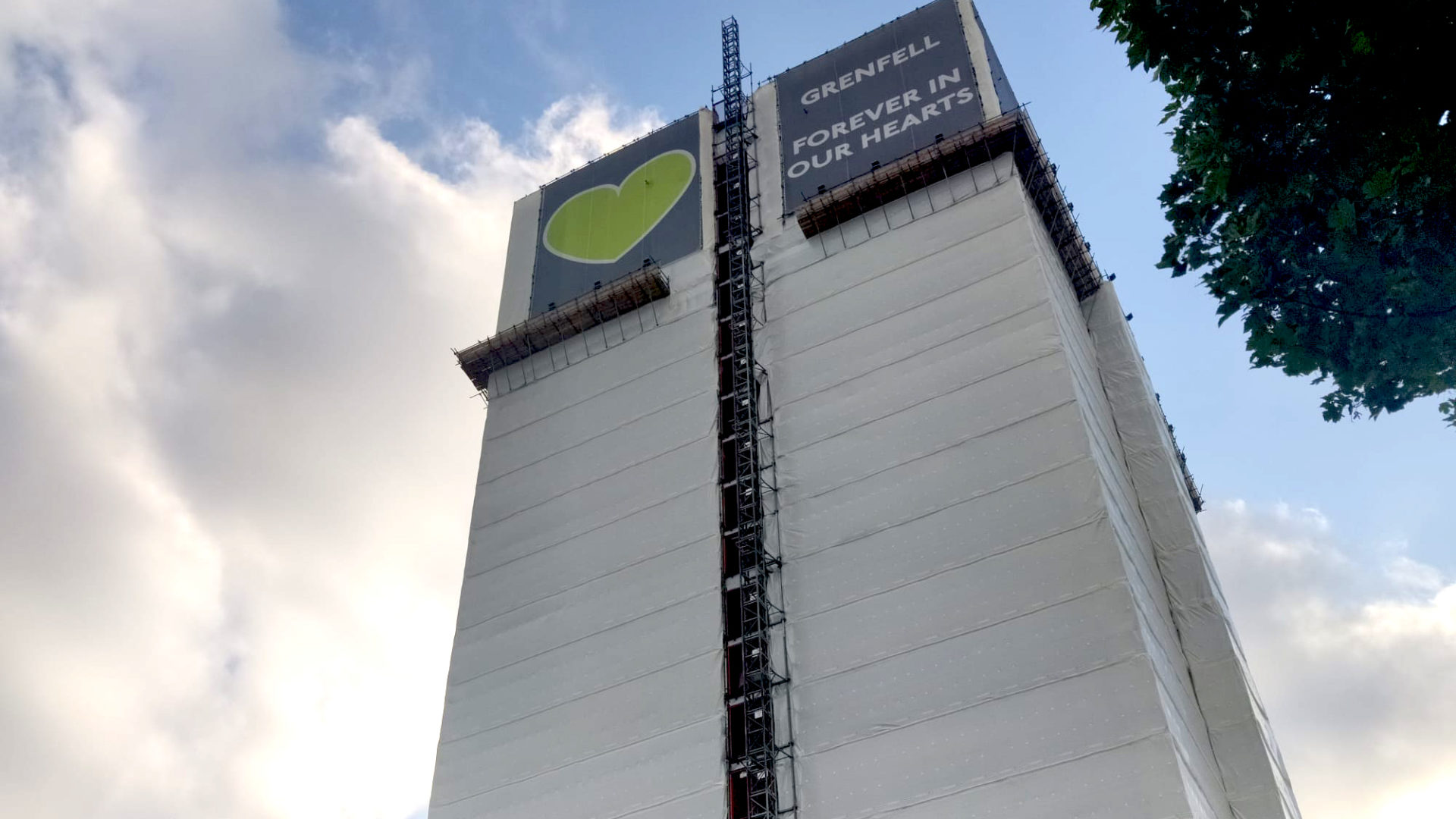The second and final report into the fire severely criticises the companies involved in the refurbishment of the Grenfell Tower, including Rydon, architect Studio E, fire safety consultant Exova, cladding subcontractor Harley Facades, the Royal Borough of Kensington and Chelsea building control, and the tower's landlord, the Kensington and Chelsea Tenant Management Organisation (TMO).
Rydon was the contractor responsible for the refurbishment of the Grenfell Tower. It was appointed in 2014 by the TMO after submitting the lowest bid following some 'value engineering' that resulted in the choice of highly flammable aluminium composite material (ACM) cladding.
This is not a paywall. Registration allows us to enhance your experience across Construction Management and ensure we deliver you quality editorial content.
Registering also means you can manage your own CPDs, comments, newsletter sign-ups and privacy settings.
The Inquiry heard that the TMO entered discussions with Rydon - despite receiving advice from its lawyers that it would be "improper" to do so - before the procurement process had been completed. This led to an agreement that, if Rydon were awarded the contract, it would reduce its price to an acceptable level.
Rydon was able to offer substantial savings through the use of ACM panels as a result of its relationship with Harley, its intended cladding subcontractor.
Phase one of the Inquiry concluded that ACM cladding was the "primary cause" of the quick spread of the fire in the tower block.
Incompetence and multiple failures
The Inquiry censures Rydon's lack of knowledge of the Building Regulations or Approved Document B, its inexperienced team, its reliance on third parties, its failure to investigate the competence of subcontractors and to monitor subcontractors, its inappropriate reliance on building control, and its failures in site supervision, among other shortcomings.
"[Rydon] failed to take proper steps to investigate [cladding subcontractor] Harley’s competence and ensure that it was competent to undertake the work and capable of providing the services required of it," wrote the Inquiry chair, Sir Martin Moore-Bick, and Inquiry panel members architect Thouria Istephan and housing expert Ali Akbor OBE, in the executive summary of the final report.
"It was complacent about the need for fire engineering advice and took the decision not to retain Exova without consulting the TMO, Studio E or [consultant] Artelia. Its understanding of the work already carried out by Exova was superficial; as a result, it failed to realise that the fire safety strategy had not been completed.
“The lack of knowledge and experience among Rydon’s own employees was such that it did not have a clear understanding of fire safety matters or any way of determining for itself whether the work of its subcontractors satisfied basic fire safety standards, let alone the requirements of the Buildings Regulations.”
The report adds: "We consider that the principal contractor, Rydon, also bears considerable responsibility for the fire. It gave inadequate thought to fire safety, to which it displayed a casual attitude throughout the project, and its systems for managing the design work did not ensure that its subcontractors and consultants properly understood their different responsibilities. Rydon itself did not understand where responsibility for individual decisions lay and as a result, it failed to coordinate the design work properly."
The Grenfell Inquiry's final report
The 1,700-page phase two report of the Grenfell Tower Inquiry was published on 4 September. It examines the circumstances behind the construction and refurbishment of the building and the decisions that enabled the fire. The Inquiry also produced a phase one report in October 2019, which detailed the events of the fire and the response from the emergency services.
The Inquiry was announced by former PM Theresa May the day after the fire and was formally set up on 15 August 2017. It's been chaired by retired Court of Appeal judge Sir Martin Moore-Bick. Throughout phases one and two, the Inquiry has disclosed over 320,000 documents, received over 1,600 witness statements and held more than 300 public hearings.
A separate criminal investigation is expected to take at least 12-18 months to fully assess the Inquiry’s report and complete evidential files to present to the Crown Prosecution Service for charging decisions.












